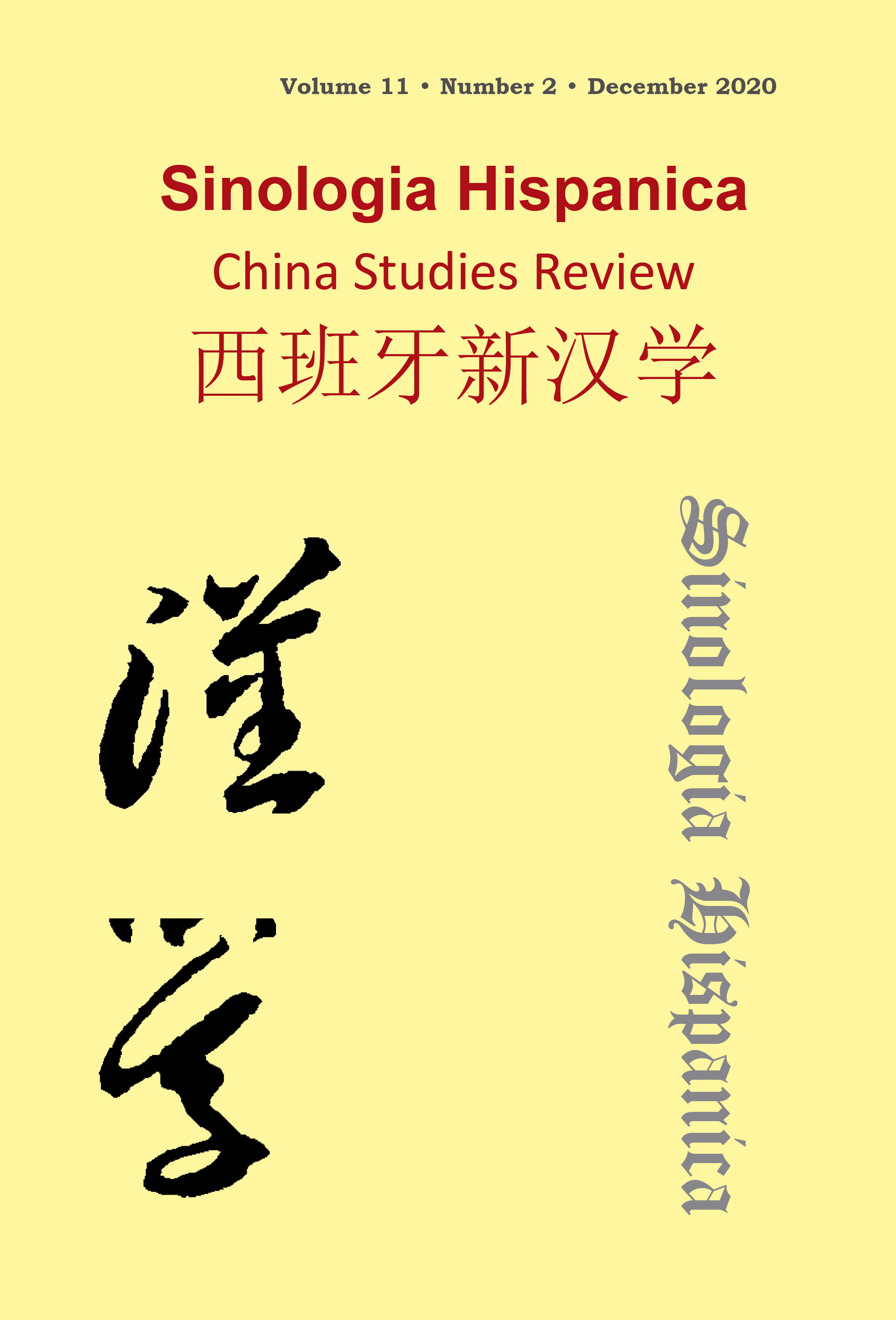Language service in the sanitary crisis: theories and practices in Chinese context
DOI:
https://doi.org/10.18002/sin.v11i2.6906Keywords:
language service, COVID-19, China, emergency linguistics.Abstract
Language service in the sanitary crisis: theories and practices in Chinese context technological activities, into its definition. In the fight against the COVID-19 crisis, under the frameworkof “emergency linguistics”, Chinese linguists, digital developers and university students carried out
language supports in order to solve the communication problems between authorities, health workers,
citizens and foreigners living in China. Specifically, they published manuals of Hubei dialects and
instructions in foreign languages and in basic Chinese on how to protect oneself in the pandemic;
moreover, they collected information for the needy communities and cared about the international
students’ psychological state. On the other hand, machine and human translation platforms and mobile
applications were created. However, we notice an inconsistency between the theoretical approaches
to the term “language service” and the practices in the pandemic, which is why we suggest caution in
the development of new terms and in the integration of theories and practices.
Downloads
Métricas alternativas
Downloads
Published
How to Cite
Issue
Section
License
Copyright (c) 2021 Chen Danna

This work is licensed under a Creative Commons Attribution-NonCommercial-ShareAlike 4.0 International License.
Sinología Hispánica. China Studies Review considers all manuscripts on the strict condition that:
- The authors assign the exploitation rights (reproduction, distribution, public communication and transformation) of the work accepted for publication to the University of León on a non-exclusive basis. Authors can establish, on their own, additional agreements for the non-exclusive distribution of the version of the work published in the journal (for example, placing it in an institutional repository or publishing it in a book), always acknowledging the initial publication. in this magazine.
- The manuscript is your own original work and does not duplicate any other previously published work, including your own previously published work.
- The manuscript is not currently under consideration or peer review, nor accepted for publication, nor in press, nor published elsewhere.
- The manuscript contains nothing that is abusive, defamatory, libellous, obscene, fraudulent, or illegal.
- Please note that Sinologia Hispanica uses Turnitin software to screen manuscripts for unoriginal material. By submitting your manuscript to Sinologia Hispanica you are agreeing to any necessary originality checks your manuscript may have to undergo during the peer-review and production processes. Any author who fails to adhere to the above conditions will be rejected.
- Authors are allowed and encouraged to electronically disseminate the pre-printed versions (version before being evaluated) and / or post-printing (version evaluated and accepted for publication) of their works before publication, since it favors their circulation and dissemination more early and with it, a possible increase in its citation and reach among the academic community.
Sinologia Hispanica is under an international license Creative Commons Attribution-Noncommercial-Share Alike 4.0. You can read more about this license in an informative version and legal text.










